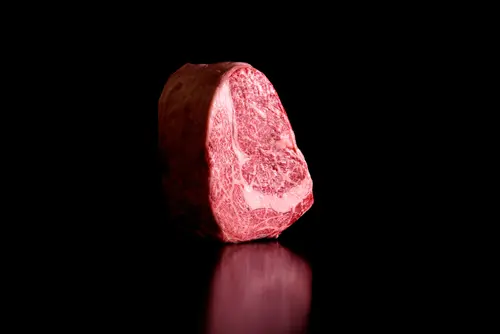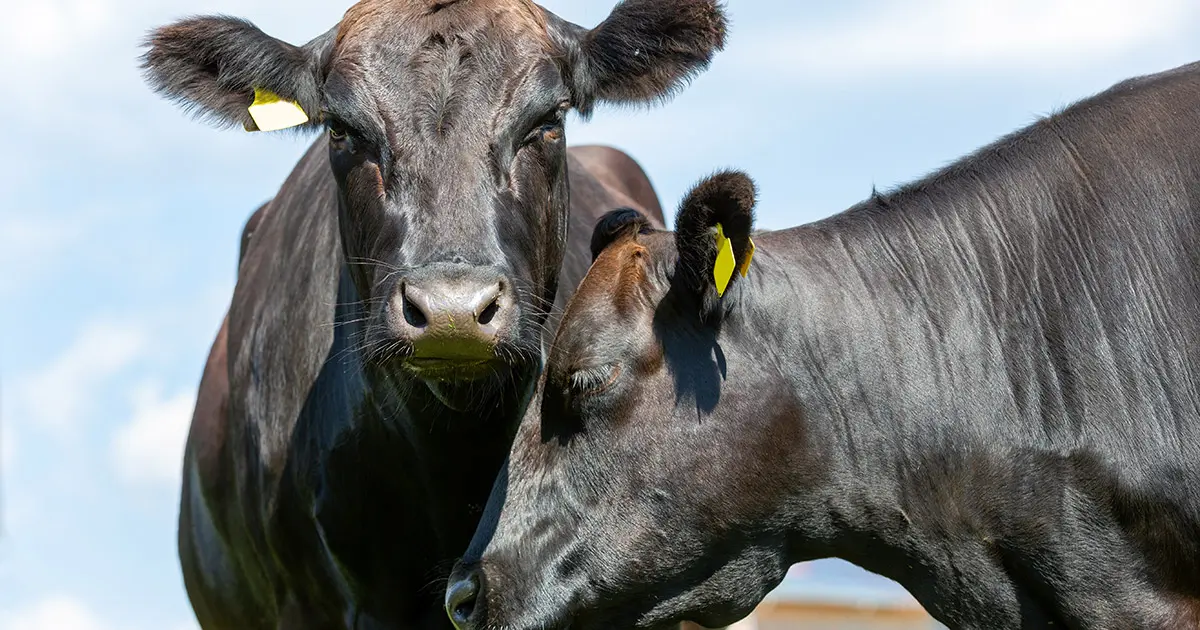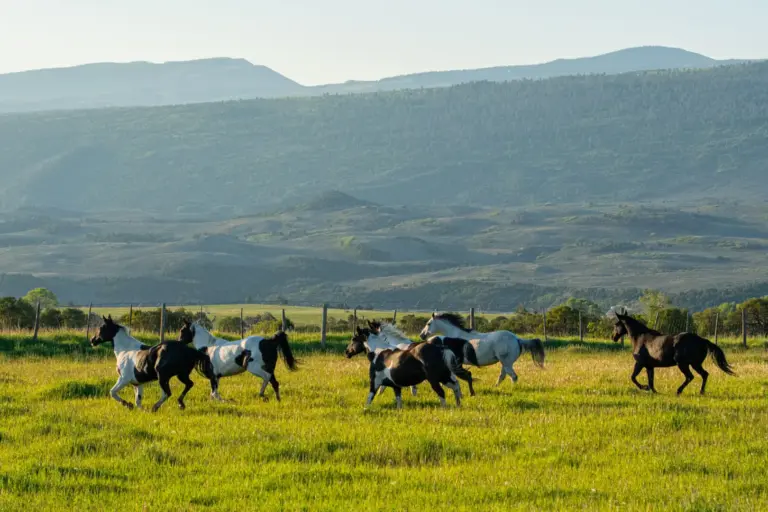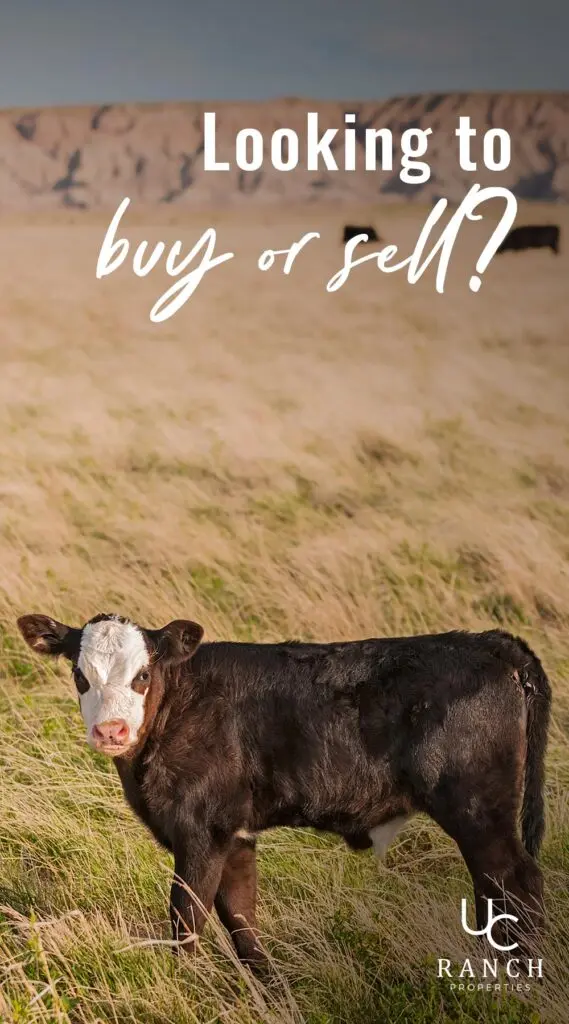A growing number of breeders are introducing wagyu genetics in their cattle operations.
Wagyu cattle is still new to the U.S. but the growing interest in Wagyu beef is fueling the overall investment in cross-breeding. The U.S. Wagyu is a fast-growing industry that will change the overall access to beef which has become known as a delicacy in our market.
Wagyu cattle are native to Japan and are divided into four distinct breeds. The most common is Japanese Black, and the distant second is Japanese Brown. The above two are the only breeds with herds existing in the U.S., while the other two Wagyu breeds, – the Japanese Polled and the Japanese Shorthorn, still can only be found in Japan.
history of Wagyu in America
The Wagyu cattle first arrived in America in 1976 when Morris Whitney, a researcher at Colorado University, imported two Black Wagyu (named Judo & Rueshaw) and two Red Wagyu bulls (named Mazda & Mt. Fuji) from Japan. The semen extracted from the bulls was used to cross-breed with Angus cattle and other US breeds.
The fullblood Wagyu was not introduced until after 1993 when three Japanese females were imported to the country. Between 1994 and 1997, less than 200 fullblood Wagyu bulls were exported from Japan to the U.S. After 1997, Japan put a Wagyu cattle export ban in place which led to the rarity of the product outside of the country.
THE WAGYU INDUSTRY TODAY
The American Wagyu Association was created in 1990 to help the growth of this unique industry. An American classification system for Wagyu cows was introduced in order to provide a grading level for the quality of the cattle, based on their DNA. F1 – crossbreed contains at least 50% Wagyu generics, F2 -75%, F3- 93.75% and full blood Wagyu at 100%.
For any Wagyu cattle to be considered pureblood, the owner has to have the DNA of each individual cow tested.
There are 40,000 Wagyu presently in the USA with less than 5,000 being considered 100% full-blood. The Wagyu industry is growing fast at a 20% rate. Still, the primary focus remains cross-breeding and this results in “Wagyu-influenced” cattle.
CROSS-BREEDING BENEFITS

There are many benefits of introducing Wagyu DNA to the herd. The most obvious one will be the premiums at market. The other benefit is a low birth weight that directly reduces the number of losses as heifers experience an easy birth and faster recovery.
Undoubtedly, Wagyu genetics improve the meet quality which makes the cross-breeding beneficial for any ranching operation. The American consumer is more and more focused on the Wagyu quality. Improving ranching operations in order to create rich flavor and outstanding marbling is worth the investment. The Wagyu industry is predicted to continue its fast-paced growth.





